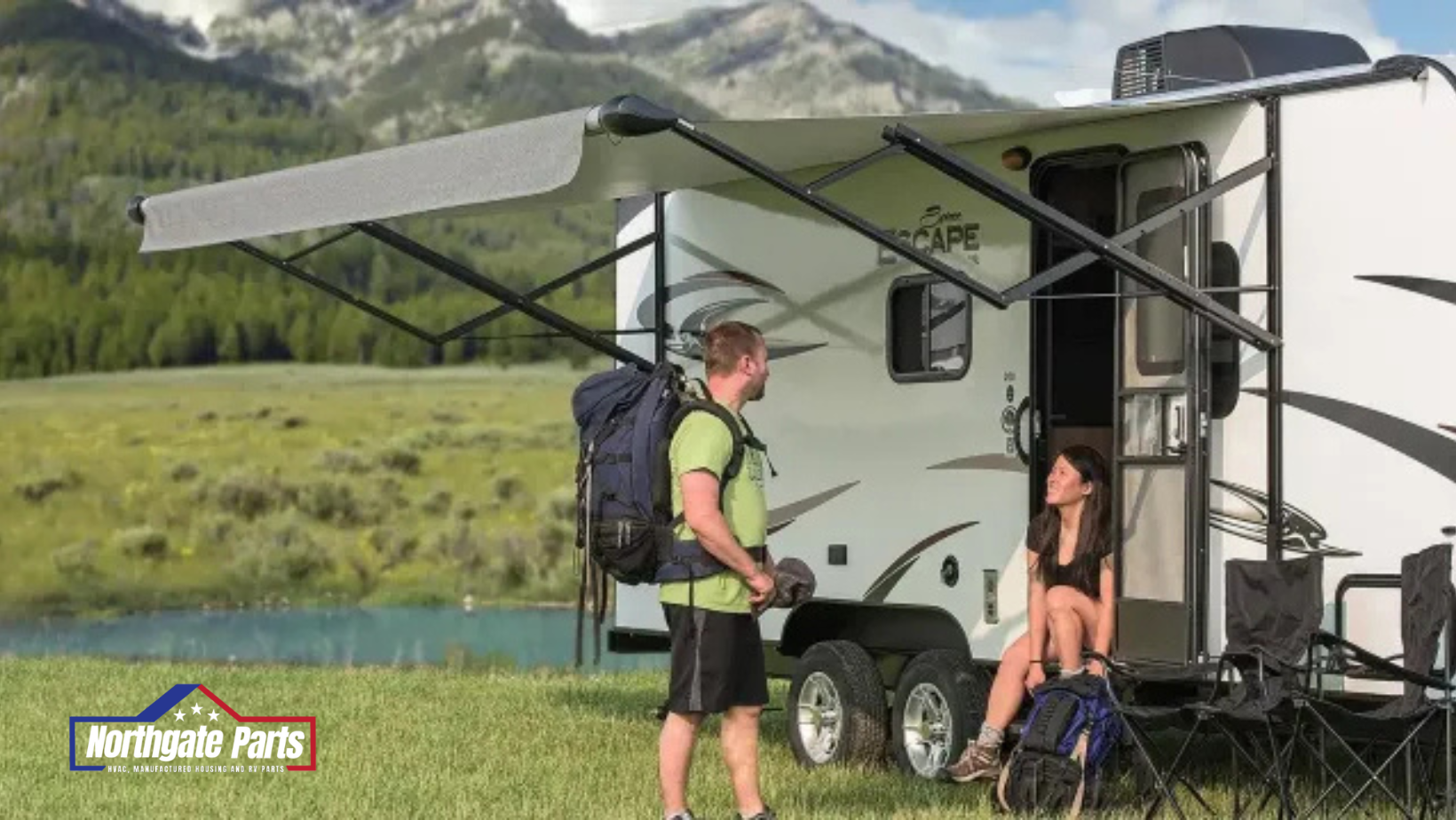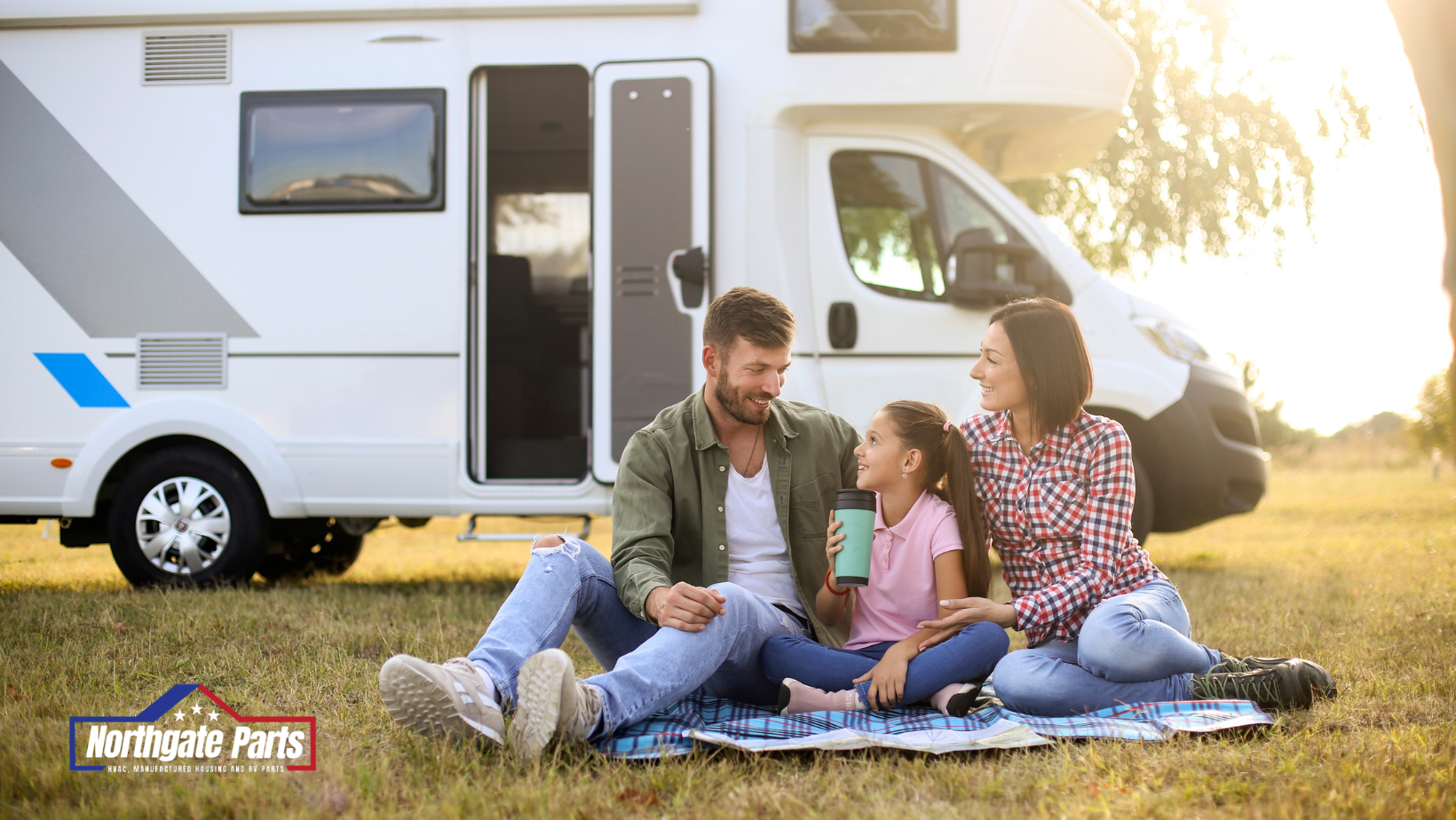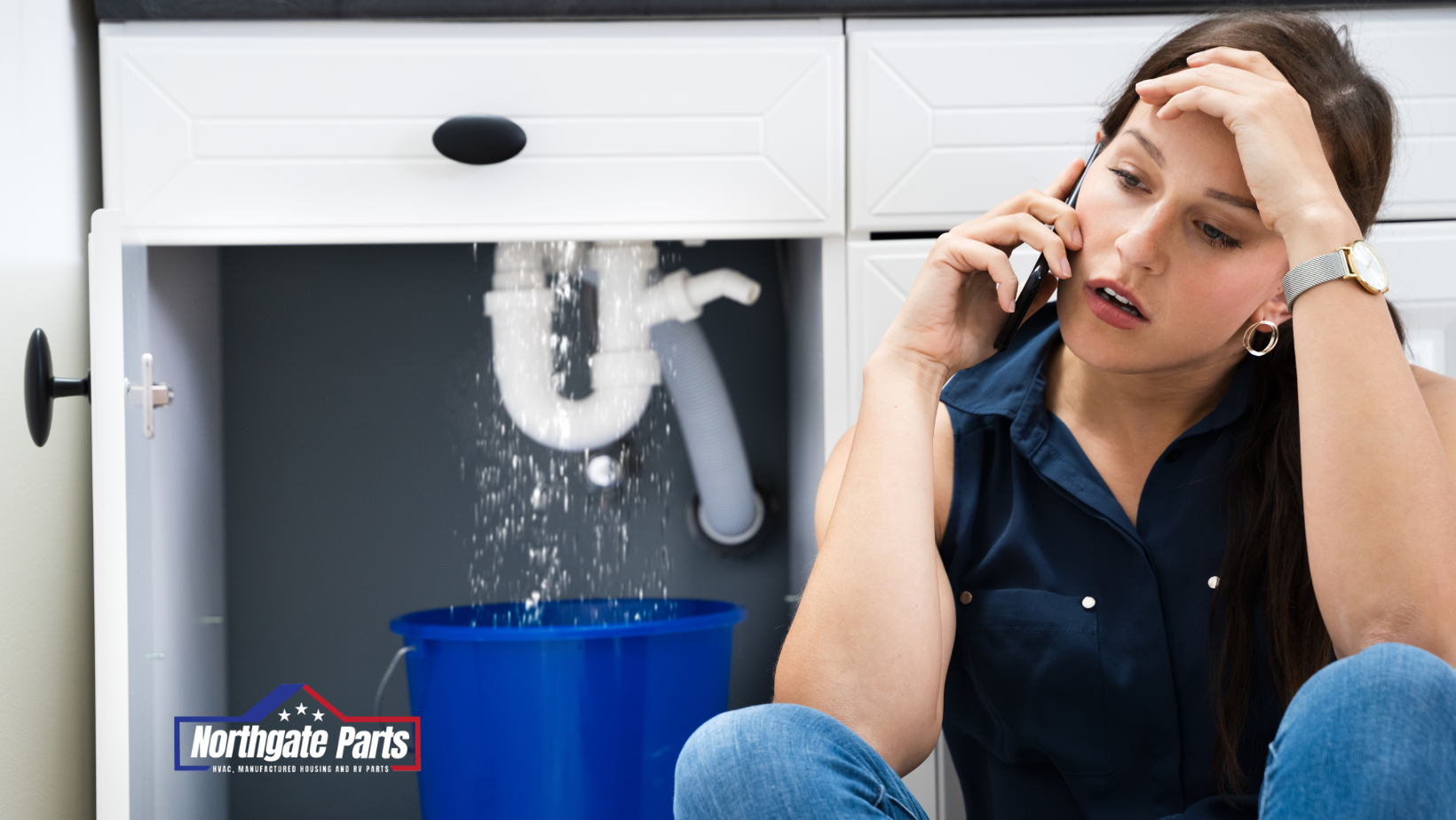Storing Your RV During the Off-Season
If you’re an avid RV enthusiast, you know the exhilaration of hitting the open road, exploring new destinations, and enjoying the freedom of life on wheels.
However, when the travel season comes to an end, it’s crucial to ensure your RV is stored safely during the off-season. Proper storage is key to preserving the longevity of your recreational vehicle and preventing costly damage. In this comprehensive guide, we’ll explore the essential tips and procedures for storing your RV safely, focusing on the importance of covering, winterization, and securing key components.
Why Proper RV Storage Matters
Before delving into the tips for storing your RV, it’s essential to understand why it matters. RVs are substantial investments, and improper storage can lead to various issues, including:
- Weather Damage: Exposure to the elements can result in extensive damage to the exterior, roof, and seals of your RV. Rain, snow, and UV rays can cause corrosion, fading, and leaks.
- Pest Infestation: Without proper storage, rodents and insects can infiltrate your RV, causing significant interior damage and health hazards.
- Tire Wear: Tires can develop flat spots or become misshapen when left stationary for extended periods. This can lead to uneven wear and even tire failure when you’re back on the road.
- Mechanical Issues: The engine, brakes, and other mechanical components can deteriorate without proper care, leading to expensive repairs in the future.
To avoid these issues and ensure your RV remains in top condition for years to come, follow these tips for safe off-season storage.
Find the Right Storage Location
Choosing the right rv storage location is the first step in safeguarding your RV. There are several options to consider:
- Covered Storage: Indoor storage facilities provide the best protection from the elements. Many facilities offer climate-controlled options, which are ideal for extreme temperatures. This is often the most secure choice.
- Covered Parking: If indoor storage is not available or affordable, consider covered parking. It protects your RV from direct sunlight and precipitation.
- Open Storage: Open storage is the most economical option but provides the least protection. If you choose this option, make sure to invest in a high-quality RV cover.
- On Your Property: Some RV owners prefer to store their vehicles on their property. If you go this route, ensure you comply with local regulations and consider installing a dedicated RV cover or shelter.
Invest in a Quality RV Cover
A high-quality RV cover is your best defense against the elements when indoor storage is not possible. Here are some factors to consider when choosing a cover:
- Material: Opt for covers made from breathable and waterproof materials. These will protect your RV from rain while preventing condensation underneath.
- Size: Ensure the cover fits your RV snugly, with appropriate allowances for slide-outs and any aftermarket additions.
- UV Protection: Look for a cover that offers UV protection to prevent fading and deterioration of the exterior.
- Vents: Covers with integrated vents can help reduce moisture buildup and condensation.
- Secure Straps: The cover should come with secure straps or tie-downs to keep it in place during strong winds.
Remember to clean and dry your RV thoroughly before covering it. Dirt and moisture can cause damage if trapped under the cover.
Prepare Your RV’s Interior
Preparing the interior of your RV is just as crucial as protecting the exterior. Here’s what you need to do:
- Clean and De-Clutter: Remove all perishable items, food, and anything that could attract pests. Clean all surfaces, and vacuum to eliminate crumbs and potential pest habitats.
- Appliance Maintenance: Ensure all appliances are clean and empty. Prop open the refrigerator and freezer doors to prevent mold and odors.
- Plumbing: Empty and flush the holding tanks. Add antifreeze to the plumbing system to prevent freezing, and don’t forget to drain the water heater.
- Propane System: Turn off the propane supply and shut off all appliances.
- Batteries: If your RV has a battery disconnect switch, use it to prevent parasitic battery drain. If not, consider removing the batteries and storing them in a cool, dry place.
Protect Against Pests
Pests are a common problem during RV storage. To keep unwanted visitors at bay:
- Seal All Entry Points: Inspect your RV for any openings or gaps where pests could enter. Seal them with caulk, foam, or mesh.
- Use Pest Control Products: Place traps, bait, or repellents strategically throughout the interior and exterior of your RV.
- Regular Inspections: Visit your stored RV periodically to check for signs of pests and address any issues promptly.
Winterize Your RV
If you live in an area with cold winters, winterization is essential to prevent freezing and damage to your RV’s plumbing system. Here’s a basic winterization checklist:
- Drain the Plumbing: Ensure all water tanks and lines are completely drained.
- Add Antifreeze: Pour RV-specific antifreeze into the plumbing system. Make sure it reaches all the faucets, shower, and toilet. This prevents water from freezing and damaging the pipes.
- Protect the Water Heater: Drain the water heater and bypass it to prevent freezing.
- Seal Openings: Close and seal any outside vents, including the refrigerator and water heater vents, to prevent cold air from entering.
Secure Key Components
Finally, ensure that your RV’s critical components are adequately protected:
- Tires: Inflate your tires to the recommended pressure and consider using tire covers to prevent UV damage. To prevent flat spots, move the RV slightly every few months.
- Engine and Fuel System: Add a fuel stabilizer to the gas tank and run the engine for a few minutes to distribute it throughout the fuel system. Change the oil and filter as well.
- Brake Care: Chock the wheels to prevent movement and reduce stress on the brakes. If you can, release the parking brake.
- Electrical System: Disconnect the RV’s batteries or use a battery tender to keep them charged during storage.
- Awning and Slide-Outs: Ensure your awning is retracted and slide-outs are in. This will prevent damage from snow, ice, or strong winds.
By following these comprehensive tips, you can ensure that your RV is safely stored during the off-season, protecting it from the elements, pests, and damage. Proper storage is an investment in the longevity and enjoyment of your recreational vehicle, allowing you to hit the road with confidence when the next travel season arrives.
Does your RV need service?
Northgate Parts provides a full line-up of RV maintenance and support services from our RV Service Center in Chattanooga, Tennessee. If your RV needs service repairs or maintenance then stop by our location today or call (423) 870-1515 to schedule an appointment with one of our RV Service techs.
Other Articles from Northgate Parts




